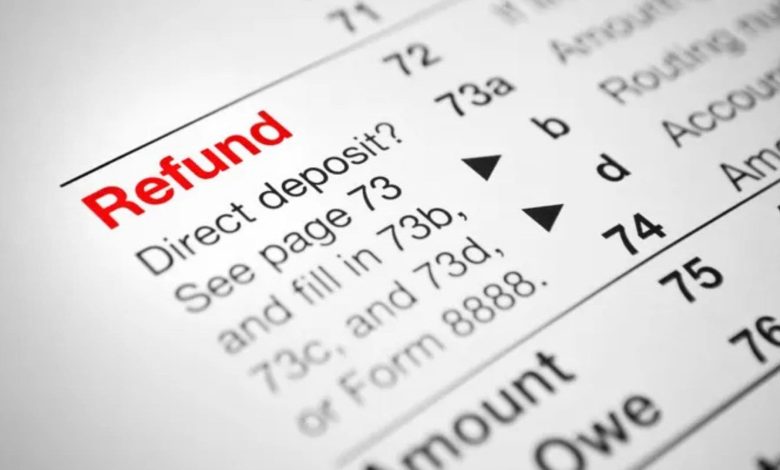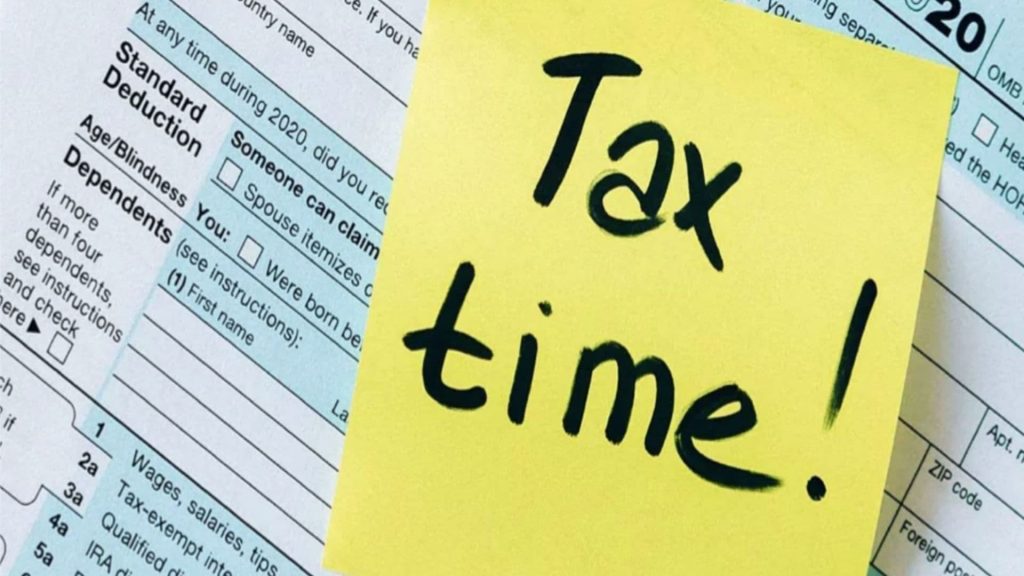
If you’re like millions of Americans eagerly awaiting your tax refund, the question “how long does taxes take to deposit?” is probably top of mind. Whether you filed your taxes electronically or sent in a paper return, knowing when that refund will land in your bank account can make a big difference in your financial planning. The timeline for receiving your tax refund depends on a few key factors, including how you filed (e-file vs. paper), whether you chose direct deposit or a paper check, if you claimed certain credits like the Earned Income Tax Credit (EITC) or Additional Child Tax Credit (ACTC), and if there are any errors or issues with your return. Most taxpayers who e-file and select direct deposit will see their refund within 21 days after the IRS accepts the return, but mailed returns or paper checks can take much longer-sometimes up to two months. In this guide, we’ll explain the full process, share tips to get your refund faster, and help you avoid common pitfalls that can delay your deposit.
How Long Does It Take for Taxes to Deposit? The Short Answer
- E-file with direct deposit: Most refunds arrive within 21 days after IRS acceptance, often even faster.
- E-file with a mailed check: Expect your refund in about a month.
- Paper file with direct deposit: Typically takes 3-4 weeks, but can stretch to 6-8 weeks depending on IRS workload.
- Paper file with a mailed check: The slowest option, with refunds taking up to two months (or more if there are errors).

What Affects How Quickly You Get Your Tax Refund?
Several factors can influence the timing of your tax deposit:
- Filing Method: E-filing is much faster than mailing a paper return.
- Refund Delivery Method: Direct deposit is the quickest way to get your money; paper checks take longer to print and mail.
- When You Filed: Filing early in the season can mean a faster refund, while filing during peak times (late March to April) may result in delays.
- Claimed Credits: Returns claiming EITC or ACTC are subject to additional IRS review, often delaying refunds until at least March.
- Errors or Additional Review: Mistakes, missing information, or mismatched records can slow down processing and trigger manual reviews.
- Outstanding IRS Debt: If you owe back taxes or other debts, the IRS may apply your refund to those amounts, which can delay or reduce your deposit.
- Bank Processing: Once the IRS sends your refund, your bank may take 1-3 business days to process the deposit.
IRS Refund Schedule: What to Expect
Here’s a quick reference for typical refund timelines after your return is accepted by the IRS:
| Filing Method | Refund Delivery Method | Estimated Time to Deposit |
|---|---|---|
| E-file | Direct Deposit | Up to 21 days (often less) |
| E-file | Mailed Check | About 4 weeks |
| Paper File | Direct Deposit | 3-4 weeks (sometimes 6-8) |
| Paper File | Mailed Check | Up to 8 weeks (or longer) |
Note: These are average timeframes. Delays can occur if your return requires additional review or if there are errors.
How to Track Your Tax Refund
- IRS “Where’s My Refund?” Tool: Check your refund status 24 hours after e-filing or 4 weeks after mailing a paper return. The tool updates daily and shows your return’s progress through three stages: Received, Approved, and Sent.
- IRS2Go Mobile App: Get real-time updates on your refund status from your phone.
- Bank Notifications: Once the IRS marks your refund as sent, watch for deposit notifications from your bank.
Tips to Get Your Tax Refund Faster
- E-file your return and choose direct deposit.
- Double-check your information to avoid errors.
- File early in the season to beat the rush.
- Avoid claiming credits that require extra IRS review unless you qualify and need them.
- Use the IRS tracking tools for updates instead of calling.
Common Reasons for Refund Delays
- Errors or mismatches on your return
- Incomplete information or missing forms
- Claims for EITC or ACTC
- IRS backlog or system issues
- Outstanding debts to the IRS or other agencies

FAQs
How long does it take for taxes to deposit after filing electronically?
Most e-filed returns with direct deposit are processed and deposited within 21 days after IRS acceptance.
Why is my tax refund taking longer than 21 days?
Delays can happen due to errors, missing information, claiming certain credits, or IRS backlogs.
How can I check my tax refund status?
Use the IRS “Where’s My Refund?” tool online or the IRS2Go app for real-time updates.
Does choosing direct deposit make my refund arrive faster?
Yes, direct deposit is the fastest way to receive your tax refund from the IRS.